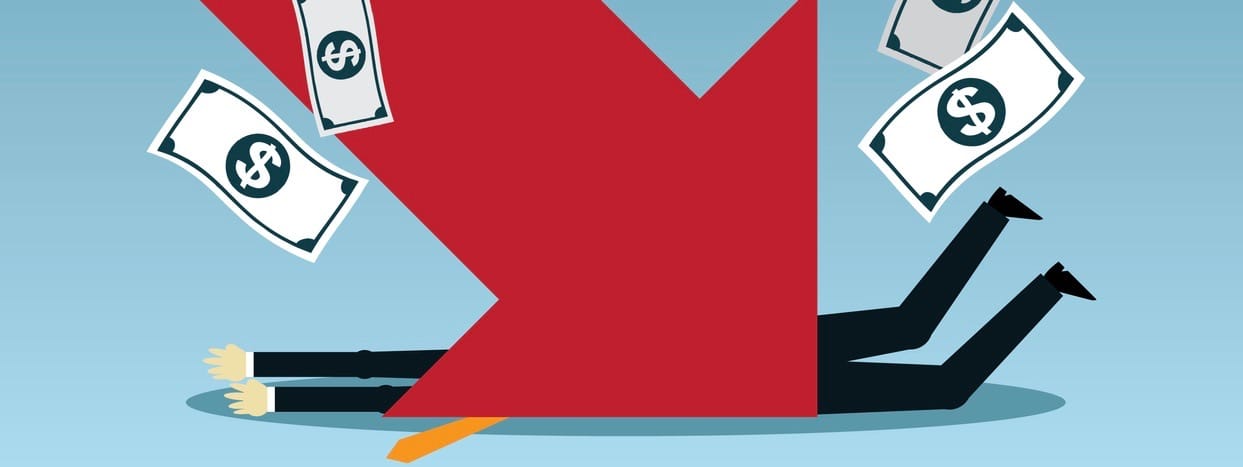We live in a world where society's needs for various resources are increasing, and with these demands comes an increase in expectations. In other words, you can't simply walk away from a bad decision.
These expectations are based on the benchmarks you establish for yourself in the market or business. If anything awful happens (controllable or uncontrollable) and the media learns about it, you might be looking at a significant loss for that month or possibly the whole year, depending on how badly you stumbled.
People are beginning to examine what specific firms have done in the past before making a purchase, thus bad publicityis no longer good. This applies not only to your customer base, but also to prospective relationships with other firms.
In this article, we'll look at how negative publicity impacts businesses or individuals in general, and whether there are any answers to prior eventsthat have produced bad publicity from a marketing standpoint.

Marketing - Is there Bad Publicity?
The Disadvantages Of Bad Publicity
Effects On Sales
In general, unfavorable publicity has a negative impact on sales. Companies that are totally unknown can occasionally enjoy a surge in sales following negative press, but they are the exception. In general, negative publicity has a negative impact on the long-term success of more established firms.
Product accessibility may also decline as a result of negative press, and potential customers may have fewer options to acquire things. When purchasers and businessowners have negative sentiments, their decisions impact the possibilities available to their consumers.
Loss Of Trust
Bad publicity can result from a revealed falsehood or inaccuracy. Advertising is sometimes used to inflate firms' capabilities and consumers' expectations. Expectations can be irresponsibly overstated, leading to disappointment and a loss of confidence when they are shown as untrue through the negative press.
When a company fails to keep commitments, consumers, workers, and partners are more likely to doubt the sincerity of all of the company's present and future messaging. It can be difficult and time-consuming to regain trust. Mistrust communicated through word of mouth and social mediacan take years to mend and is frequently only repaired when the number of loud supporters outnumbers the naysayers.
Damaged Brand Equity
Bad publicity may have a long-term negative impact on brand equity. This is especially true for businesses that must recall items due to safety or health concerns. Even if only a percentage of a product's supply is recalled in such instances, purchasers are likely to avoid the brand for an extended length of time. Rumors, even if unfounded, may have a significant impact on sales.
There is yet some hope. When recalling facts about a company, message, or brand, viewers encounter something known as the "sleeper effect," according to research done at the University of Pennsylvania's Wharton Marketing Department. The sleeper effect describes a person's propensity to keep knowledge of a product or company without necessarily remembering unfavorable memories or sentiments linked with it. As a result, unfavorable publicity may sometimes be remedied simply by passing the time.
Damaged Brand Association
Brand association refers to a customer's deeply ingrained thoughts and sentiments regarding a product or firm. When a customer has a bad brand connection, negative attitudes are more likely to spring to mind before positive ones. Bad publicity can contribute to a poor brand association, which can lead to a decrease in sales over time.
Changing attitudes and brand associations may be time-consuming and costly, since a firm may be obliged to engage in additional advertising and campaigns to rectify unfavorable perceptions. A shattered brand relationship also allows rivals to encroach on a consumer base, which can diminish revenue.
Final Thoughts
One thing that poor publicity does not accomplish is to raise brand awareness. Whether it's a brand or a corporation looking to build a name for itself in the market, following the easy route seldom yields positive results. In conjunction with discounts or offers, thrilling, thought-provoking insights that pull the consumer out of the usual, enabling them to develop sympathy and begin to comprehend your messaging emotionally – this is what generates client loyalty.
The same may be said about public relations. In order to link a consistent and credible picture with a client's name, it is vital to engage them in relevant, provocative, and unique content. When journalists need sources for a story in the future, they will be far more inclined to search for an expert or firm with this sort of reputation.
What Is Bad Publicity?
Bad publicity can result from a revealed falsehood or inaccuracy. Advertising is sometimes used to inflate firms' capabilities and consumers' expectations. Expectations can be irresponsibly overstated, leading to disappointment and a loss of confidence when they are shown as untrue through the negative press.
What Is An Example Of Bad Publicity?
When consumers comment badly about a brand, product, service, or person on the internet, this is referred to as negative publicity. Users who are dissatisfied with services, products, or a particular brand create negative PR. One example is negative user feedback.
